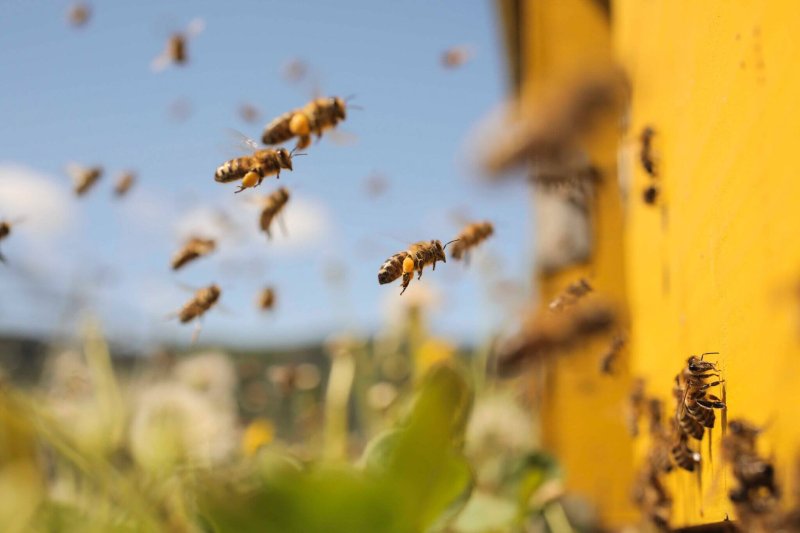Like GMOs and vaccines, misinformation is rife on the topic of bees.
Fearmongers warn of a coming “Beepocalypse.” The media narrative is that bees are dying, humans are responsible, and if bees go extinct, many of our favorite foods will disappear and humans will starve to death. That’s a gross exaggeration.
In reality, the western honey bee (a.k.a., European honey bee), which does much of the heavy lifting in regard to crop pollination, is doing just fine. Though there is evidence that some wild bee populations are declining, keep in mind that there are about 20,000 bee species, only a fraction of which contribute meaningfully to crop pollination. A paper published in Nature Communications underscores that latter point….
…
In other words, commonly found bees do most of the pollination, while endangered bee species aren’t contributing much to agriculture. If they went extinct, it would be a sad (and perhaps preventable) loss to biodiversity, but hardly an ecological catastrophe.
Besides, even if the very worst were to come true and all bees vanished overnight — a scenario so outlandish as to be laughable — society would not face an insurmountable problem: The Genetic Literacy Project explains that bees are responsible for about 7% of our food supply. That’s a substantial portion; however, a bee extinction would not trigger civilizational collapse.
Read full, original post: Honey Bees: The #1 Pollinator Of Both Crops And Wild Plants































